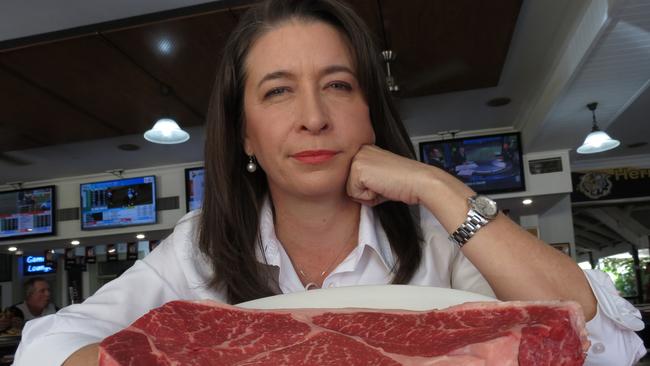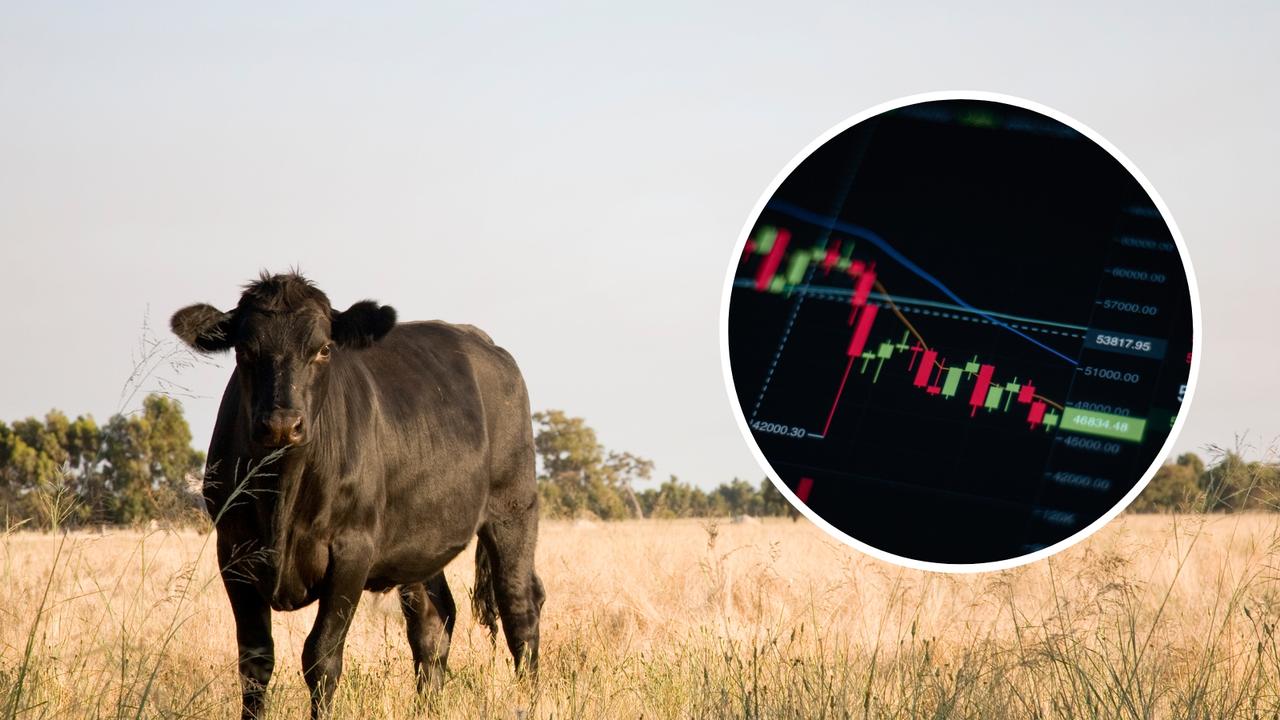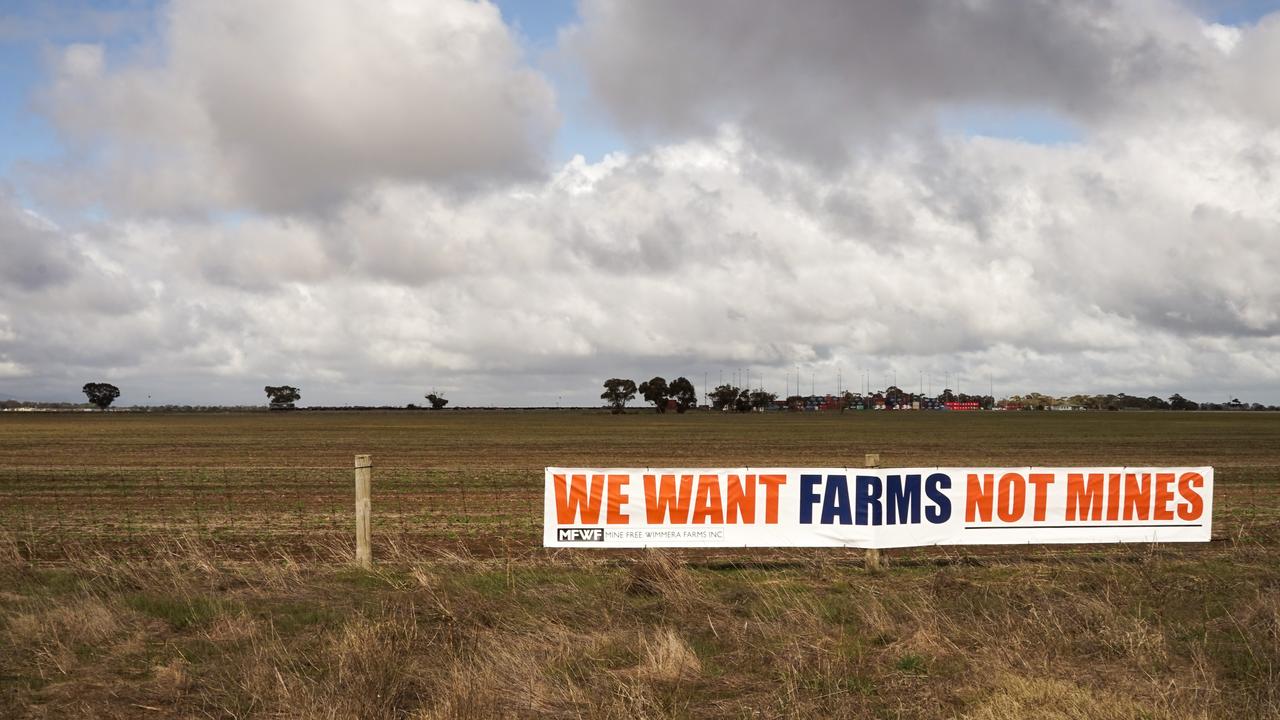Fake meat debate: Regulations could hamper competitiveness
Stricter rules for red meat labelling could threaten market competitiveness, according to a plant proteins spokesman.

Strict regulations controlling where ‘fake meat’ plant-based products can sit on supermarket shelves and what its packaging looks like could pose a threat to market competitiveness, according to a leader in the Australian plant protein industry.
The final report from the Senate inquiry into meat definitions and other animal products – spearheaded by Queensland senator Susan McDonald – last week put forth nine recommendations to the Federal Government which, if approved, would shake up the alternative proteins industry in Australia.
Among the recommendations was a request for development of a mandatory regulatory framework for the labelling of plant-based protein products, an Australian Competition and Consumer Commission review into the placement of said products in supermarkets, and that Food Standards Australia New Zealand develop guidelines to “inform labelling and marketing practices for manufactures of plant-based protein products”.
Alternative proteins think tank Food Frontier chief executive Thomas King said enforcing regulation on “an emerging industry” such as plant proteins was “a threat to the Australian food industry’s competitiveness in a changing global market”.
“In order to best serve Australian consumers, any decisions following this most recent process should continue to be based on evidence and avoid stifling innovation and consumer choice,” Mr King said.
The report also recommended the ACCC look at guidance on the use of livestock imagery for labelling and marketing plant-based protein products
But the report, tabled in parliament on Thursday, also recommended protections for the Australian plant protein market, with one recommendation calling for measures to strengthen the sector’s capacity to source Australian-grown produce, and to support investment opportunities into the industry.
The red meat industry welcomed the findings of the report, with Red Meat Advisory Council independent chair John McKillop stating the inquiry’s recommendations “will go a long way in helping to restore truth in labelling for Australian consumers”, while ensuring animal and manufactured plant-based proteins companies can compete on a level playing field in Australia.

“The red meat and livestock industry’s reputation for product quality is renowned around the world,” Mr McKillop said.
“The recommendations handed down in today’s report vindicate industry’s long held view that
minimum regulated standards are required to prohibit plant protein product manufacturers from
referencing traditional animal proteins like beef, lamb and goat, and using livestock images on plant protein packaging or marketing materials.”
The inquiry, launched in June last year, heard evidence from across the red meat industry, dairy industry, and seafood industry, along with voices from the plant-based protein sector, including Beyond Meat and Impossible Foods.
Senator McDonald said it was the committee’s view “labelling does need to clearly differentiate between plant proteins and products long associated with coming from animals”.
“Consumers say they are confused by plant products featuring names like ‘chicken’, ‘beef’, or ‘prawns’ with pictures of those animals on the packaging and the words ‘plant based or ‘meat free’ printed in much smaller letters,” Senator McDonald said.
In its submission to the inquiry last year, the ACCC rejected the idea customers are confused by fake meat labelling, with ACCC deputy chair Mick Keogh writing at the time the watchdog has received “very few reports” about consumers being misled by the labelling on plant-based products.
An ACCC spokesperson said the recommendations made by the committee are “a matter for The Australian government to consider, and the Government may choose to respond to the report”.





